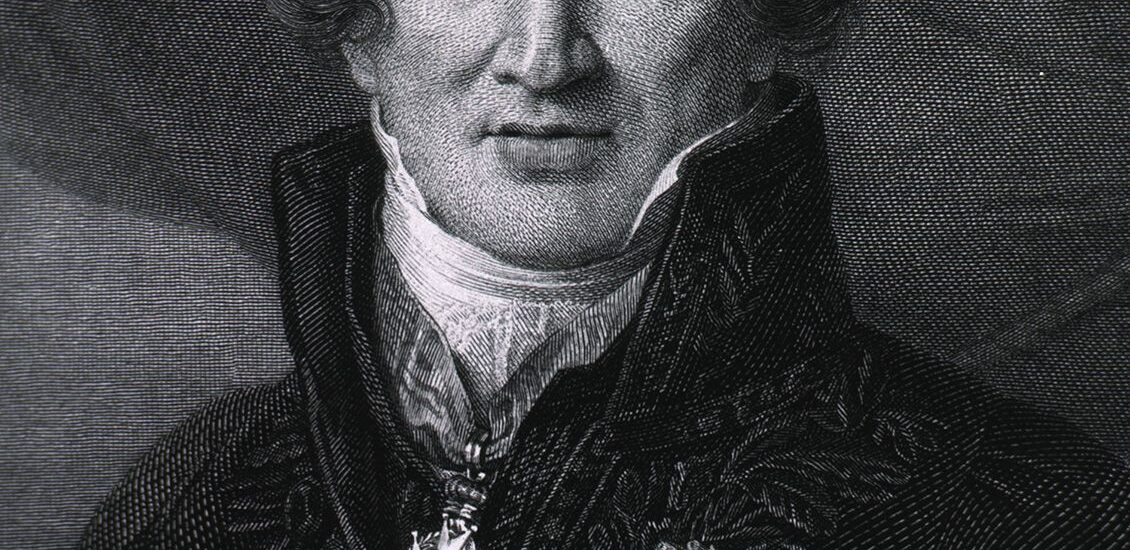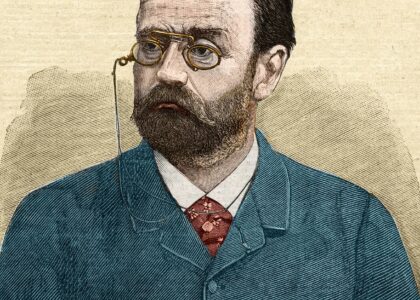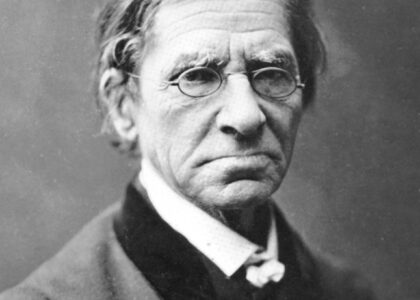As you find yourself exploring the scientific history of France, let’s take a moment to delve into the life and legacy of Georges Cuvier, a pivotal figure who shaped the fields of comparative anatomy and paleontology. Born on August 23, 1769, in Montbéliard, then part of the Duchy of Württemberg, Cuvier’s early years were marked by a deep curiosity about the natural world. His education at the Académie Caroline in Stuttgart laid the groundwork for his later achievements in zoology.
Cuvier moved to Paris in 1795, a city that was rapidly becoming a hub for scientific exploration and discovery. At the Muséum National d’Histoire Naturelle, he became a leading figure, appointed as a professor of animal anatomy. His work at the museum was marked by significant contributions to the understanding of both living and extinct species.
One of Cuvier’s most enduring contributions was his establishment of extinction as a scientific fact. At a time when many believed that all species were eternal, Cuvier’s research on fossils provided compelling evidence that whole species had disappeared from the Earth. His work on the fossilized remains of animals such as the mastodon and the giant ground sloth, Megatherium, laid the foundation for modern paleontology.
Cuvier’s impact was not limited to science alone. He was an influential statesman, playing a prominent role in the reformation of French education. As an imperial inspector of public instruction, he helped to establish universities throughout France, ensuring that scientific education was accessible to a broader audience.
Despite his groundbreaking work, Cuvier was also known for his opposition to the theory of evolution, which was gaining traction among his contemporaries. He believed that the anatomical structure of animals was too intricately linked to their function to allow for the kind of change suggested by evolution. This view led to a famous public debate with Étienne Geoffroy Saint-Hilaire in 1830, which highlighted the divergent views on the nature of species and their development.
Cuvier’s legacy endures in the halls of scientific institutions around the world. His meticulous work in classification and his insistence on rigorous methodology continue to influence scientific inquiry today.






